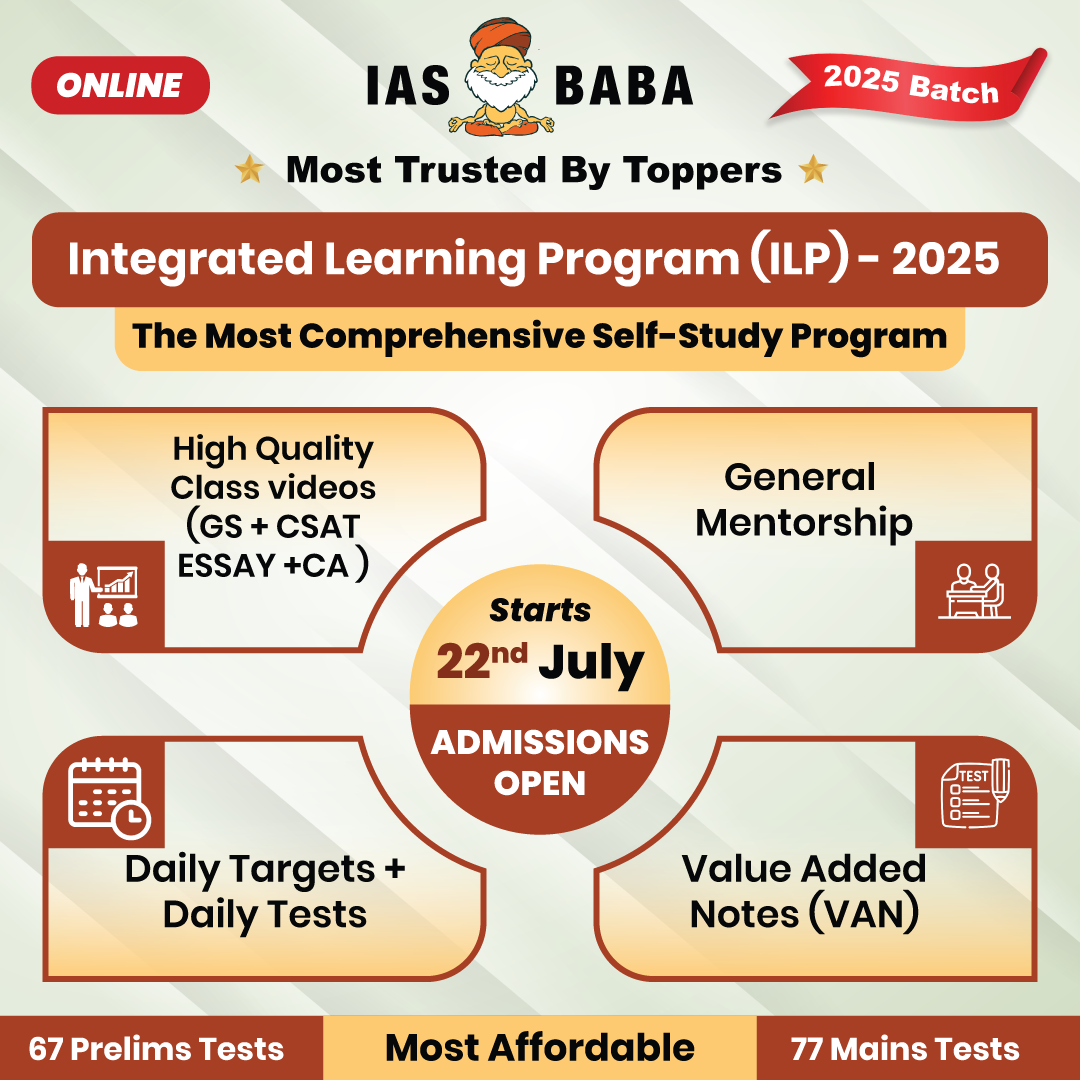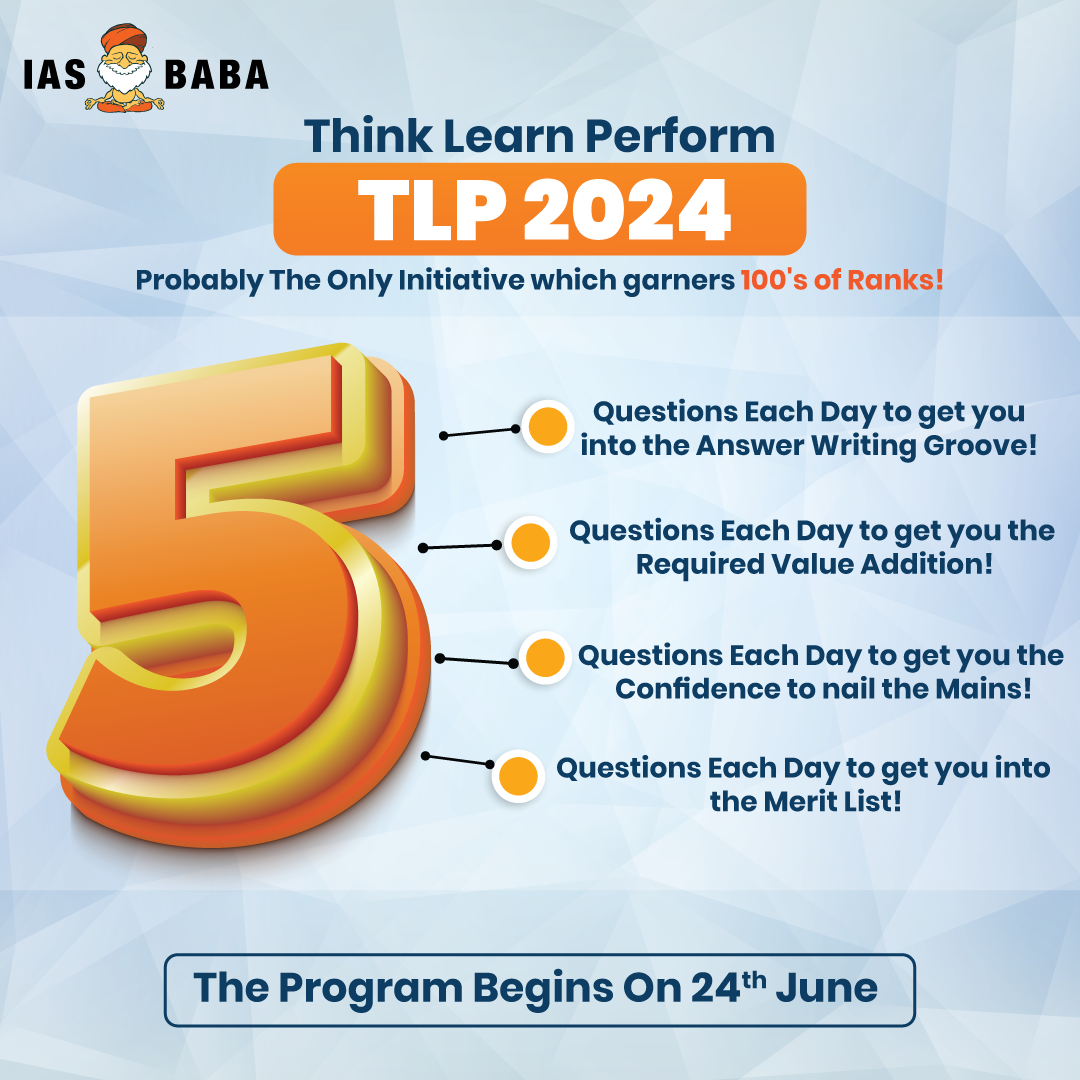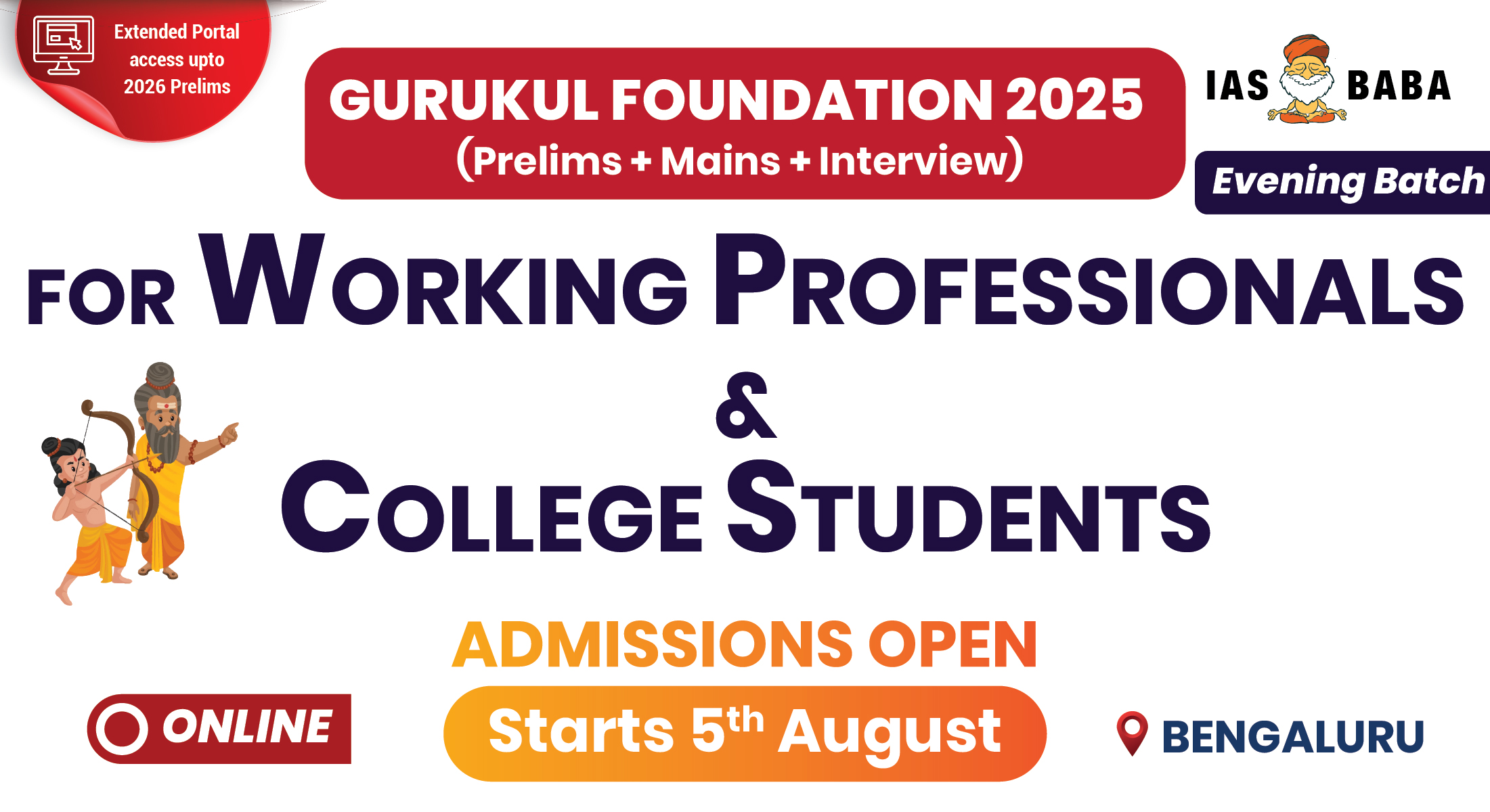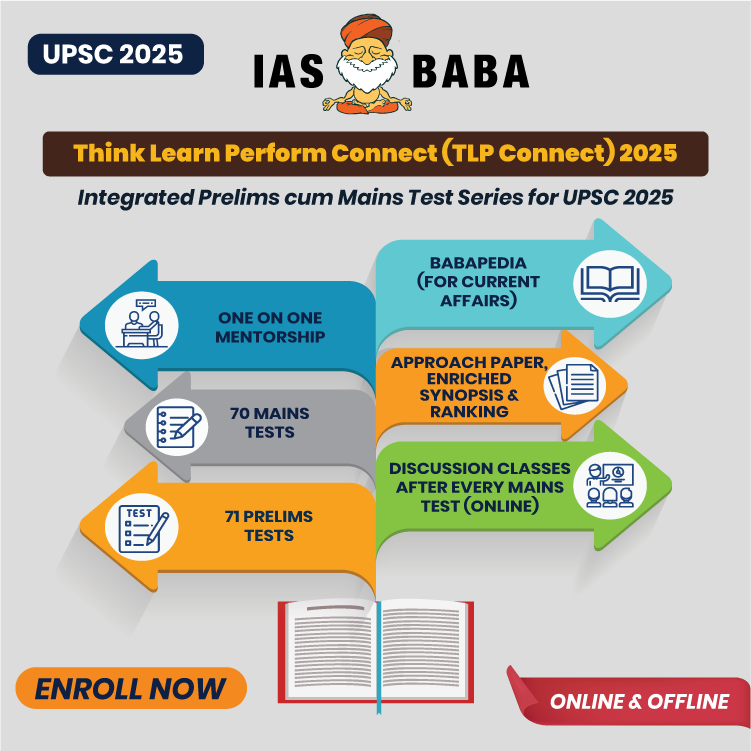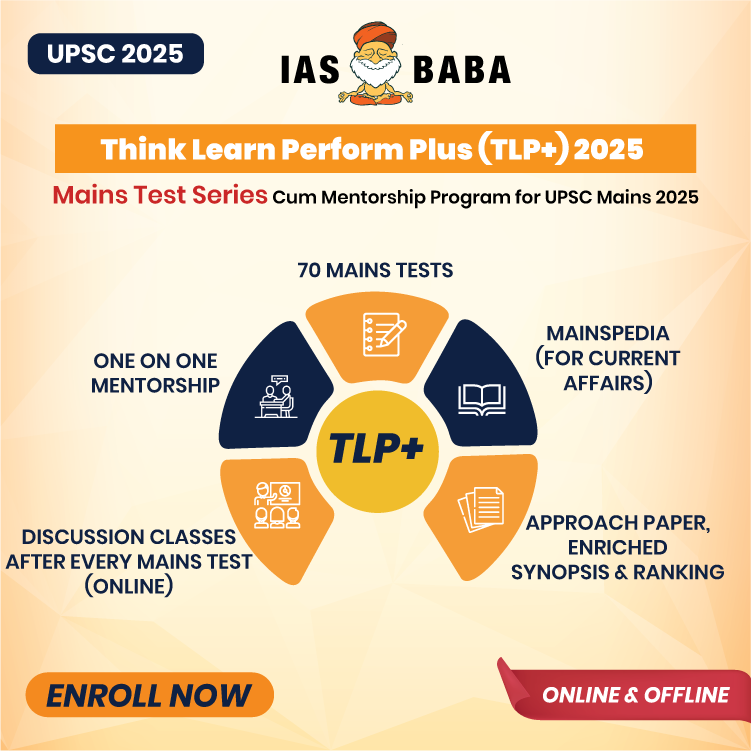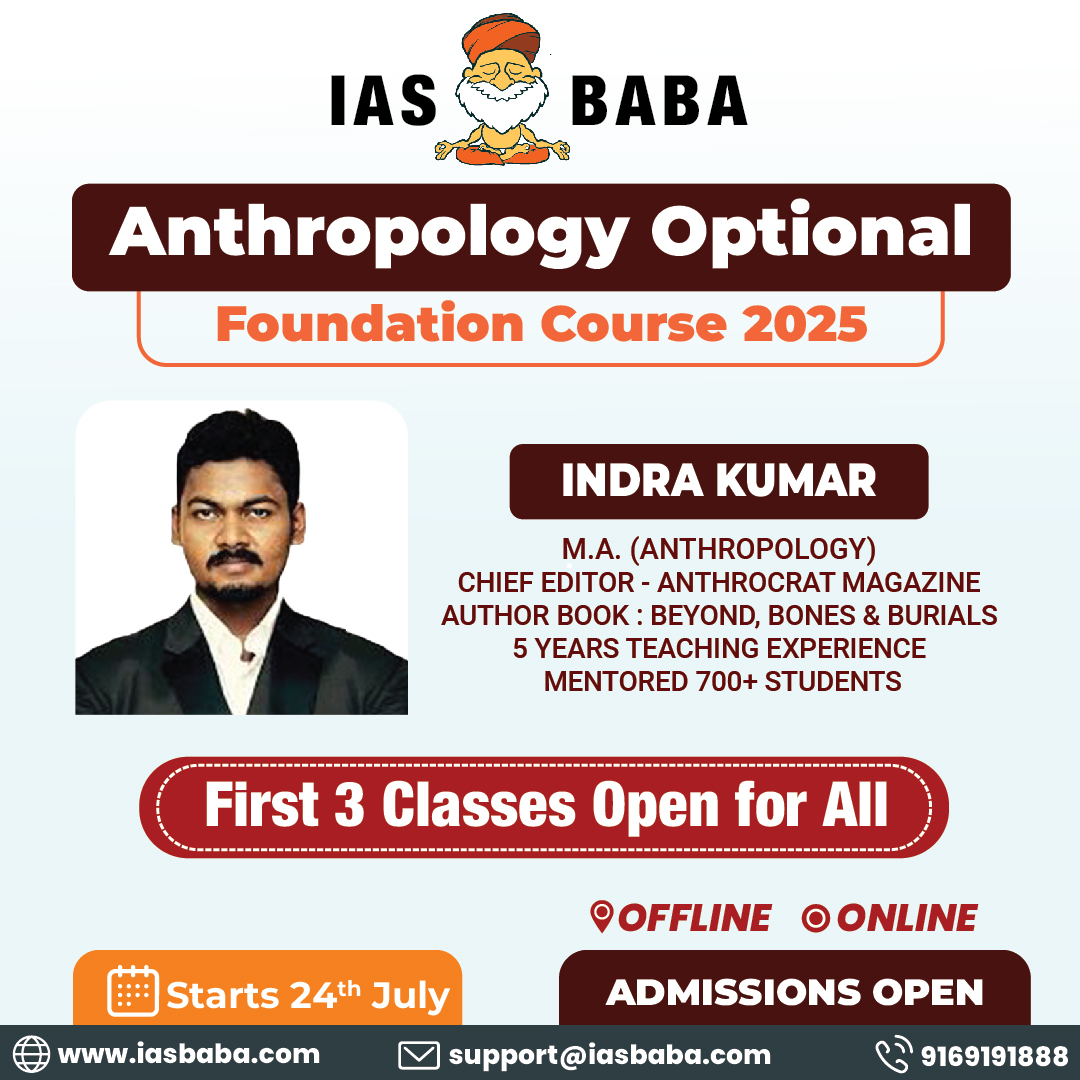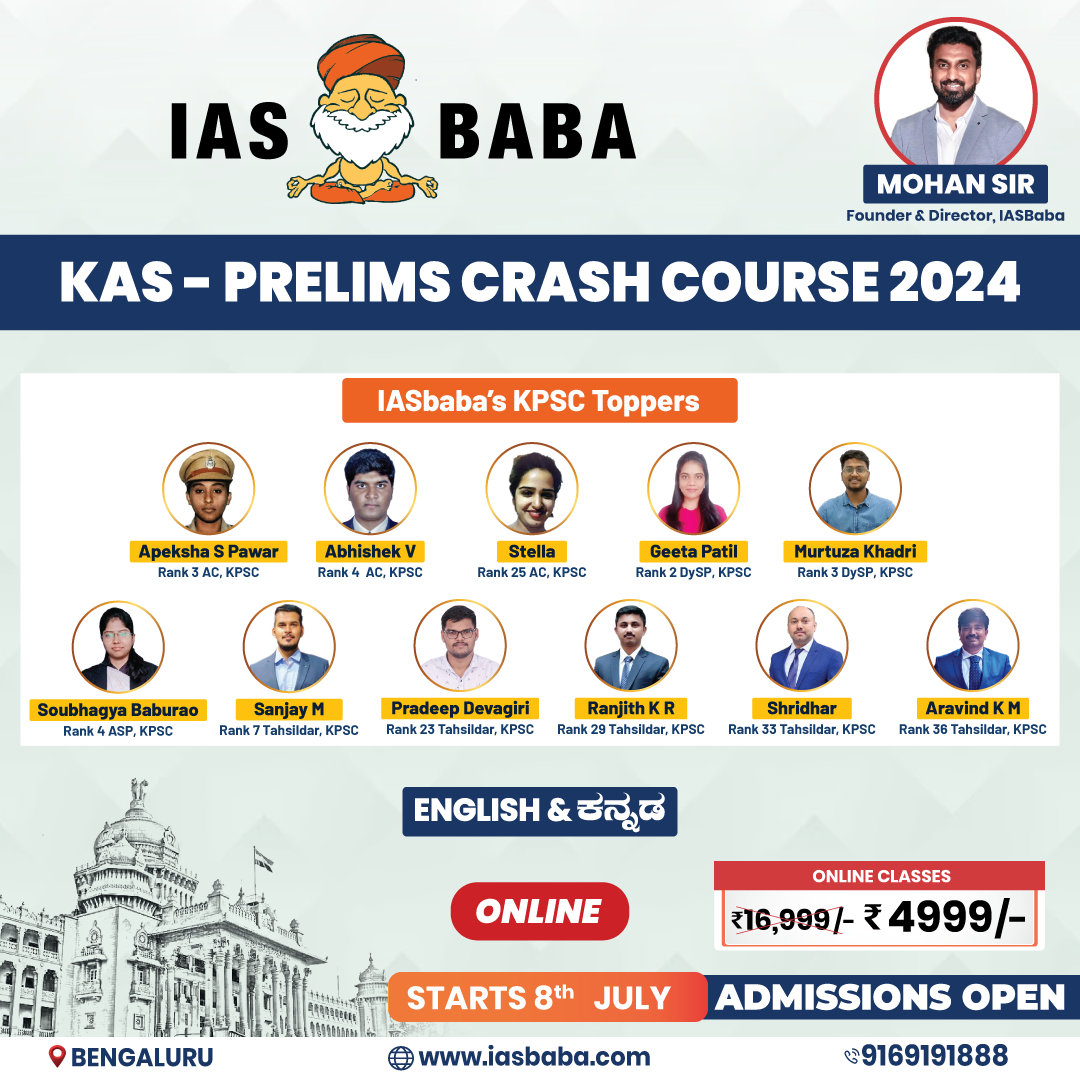IASbaba's Daily Current Affairs Analysis
IAS UPSC Prelims and Mains Exam – 6th May 2019
Archives
(PRELIMS+MAINS FOCUS)
Person in news: Swami Atmabodhanand
Why in news?
- Swami Atmabodhanand, a 27-year-old hermit in Haridwar, has broken his 194-day fast in protest against sand mining and the upcoming dams on key rivers that feed the Ganga.
- Atmabodhanand had begun fasting days after G.D. Agrawal, 86, a former professor and hermit, died of a heart attack on October 11 after a 111-day fast.
- The fasting activists had demanded that all hydroelectric projects along the Alaknanda, Dhauli Ganga, Mandakini and Pindar rivers be stopped and legislation to protect the Ganga be enacted.
Anti-dumping duty put on saccharine
In news:
- Finance Ministry has imposed an anti-dumping duty of $1,633.17 per tonne on the import of saccharine from Indonesia.
- Saccharine is a compound most commonly used in sugar-substitute sweeteners.
- Indonesia, until recently, accounted for a large chunk of India’s saccharine imports.
- The product under consideration has been exported to India from subject country below their normal values and consequently, the domestic industry has suffered material injury.
India, U.K. in talks to build a naval supercarrier
In news:
- India and U.K. to build a new state-of-the-art aircraft carrier along the lines of Britain’s HMS Queen Elizabeth as part of the ongoing ‘Make in India’ negotiations.
- The talks are under way for the Indian Navy to buy detailed plans for the 65,000-ton British warship to build a so-called “copycat supercarrier” to be named INS Vishal in 2022.
Do you know?
- Second supercarrier, HMS Prince of Wales, is now being built at Rosyth dockyard in Scotland where HMS Queen Elizabeth was assembled.
- The new naval carrier would serve alongside India’s 45,000-ton carrier INS Vikramaditya — bought from Russia in 2004 — and the currently under-construction 40,000-ton INS Vikrant, and could give India a larger carrier fleet than Britain.
(MAINS FOCUS)
INTERNATIONAL/ECONOMY
TOPIC: General studies 2 and 3
- Important International institutions, agencies and forums, their structure, mandate.
- Economic Developments
WTO issues: Talking fair trade in Delhi
Introduction:
India to host the second mini-ministerial meet of the World Trade Organisation (WTO)
Do you know?
- 12th WTO Ministerial Conference will be held in June 2020 at Astana, Kazakhstan.
- 11th Ministerial Conference (Buenos Aires, December 2017) collapsed despite efforts by 164 WTO members to evolve a consensus on several issues.
- The U.S. had refused a reduction in subsidies and also pulled back on its commitment to find a perennial solution to public stockholding.
Major areas and issues needs to be addressed:
- The 2nd mini-ministerial meet will be held to discuss the interests of developing and least developed countries in global trade.
- US had accused that developing countries like India and China benefit from exemptions meant for the poorer nations. Therefore, this meet acts as a preparatory meeting to set a common agenda at the 12th Ministerial Conference which will be held next year.
- Negotiations on issue of subsidies and public stockholding – issues central to developing and less developed countries.
- The other issues under discussion will relate to protectionist measures, digital trade, fisheries, subsidies, environmental goods, standardisation and implementation of sanitary and phytosanitary measures, and other matters ripe for negotiation and agreement, mainly investment facilitation.
Issue of agricultural subsidies
- WTO replaced the General Agreement on Tariffs and Trade (GATT) as an international organisation mainly to overcome tussles over trade interests.
- The economies of the developing and less developed world (with little bargaining power) were unable to gain market access in most of the developed economies (which were influential in negotiations), especially when it came to agricultural commodities.
- However, there is still deadlock on the issue of agricultural trade negotiations. The disagreements between developed countries (the European Union and the U.S.) and developing countries (Malaysia, Brazil and India) to discipline the farm regime in their favour continue, thereby threatening the WTO’s comprehensive development agenda.
- The expectations of developing countries from trade also get belied due to sizeable support by the developed nations to their farmers in a situation of market failure and other uncertainties. The support through subsidies tends to bring distortions in commodity prices.
- According to OECD, the quantum of subsidies by developed nations vary from $300 to $325 billion annually, which is much higher than that estimated for developing countries. This has become a bone of contention in trade talks as farm lobbies in the U.S., Europe and Japan have steadily exercised political clout to influence officials and lawmakers to continue giving subsidies to farmers.
Stringent non-tariff measures (NTMs)
- Another major concern is that developed countries design and implement stringent non-tariff measures (NTMs) which exacerbate the problems faced by poor countries that are willing to export.
- NTMs significantly add to the cost of trading.
- Developing economies are unable to compete in international markets and hardly gain from sectors with comparative advantage such as agriculture, textiles and apparels.
Conclusion:
Therefore, in the 2nd mini-ministerial meet, developing countries are willing to break the deadlock on these issues and are preparing a common ground to jolt the mandate of the global trade body.
India, in particular, seeks amendment of laws on unilateral action by members on trade issues and a resolution of the WTO’s dispute settlement system.
The Delhi meeting can be a breakthrough if members negotiate these issues in a convergent manner.
The meeting is expected to lead to policy guidance on issues such as global norms to protect traditional knowledge from patenting by corporates, protection through subsidies, e-commerce, food security and continuation of special and differential treatment to poor economies.
The time is opportune for developing countries to voice their concerns and push for a stable and transparent environment for multilateral trade. India must do its homework to focus on the unresolved issues and address the newer ones which are of interest to developed nations, mainly investment facilitation.
Connecting the dots:
- Are we witnessing the decline of WTO in an era of heightened regional cooperation and bilateral alliances? Critically examine.
- The Protectionist stand of Developed nations and assertiveness of Developing countries has left the WTO ineffective, Comment.
- Do agricultural subsidies have a distorting effect in free markets? Illustrate.
INTERNATIONAL/SOCIAL ISSUE
TOPIC: General studies 1 and 2
- Capitalism, Socialism
- Effect of policies and politics of developed and developing countries on India’s interests
- Issues relating to development and management of Social Sector/Services relating to Health.
Why we need socialism today?
Context:
- The below article deals with Karl Marx and Friedrich Engels ideas of socialism and the negatives of capitalism.
- The author believes that country like India, which is plagued with various social problems, need socialism rather than capitalism today.
Key facts:
- May 5, 2018 marked 200th birth anniversary of Karl Marx, German Philosopher, revolutionary, sociologist, historian, and economist.
- Marx is known for his popular work – The Communist Manifesto, the most celebrated pamphlet in the history of the socialist movement. He also was the author of the movement’s most important book, Das Kapital.
Ideas of Marx and Engels:
- Marx was not like other philosophers who interpreted the world in various ways; he made it a point to change it.
- Marx questioned the role of religion in society and contributed to his desire for social change.
- Marx and Friedrich Engels laid the formulations for the theory and practice of scientific socialism. They applied dialectics to the study of human society and human consciousness.
- They strove for the liberation of humanity from all forms of discrimination and exploitation.
- They argued that Parliament should be used as a forum to articulate the concerns of the working people.
- Marxism as a science, as an ideology, and as a methodology keeps demonstrating its relevance every day.
The march of capitalism and its limitations
- After the disintegration of the Soviet Union, some proclaimed that there was no alternative to neoliberalism.
- Since then, the so-called triumphant march of neoliberal capitalism has seen many hurdles. For instance, 2008 financial crisis.
- The worst victims of this march of capitalism and its consequent crises have always been the disadvantaged sections.
- This shows the presence of class conflict in society.
- The vulnerabilities of the disadvantaged are a creation of capitalism itself.
- Neoliberalism has led to unprecedented inequalities and disparities.
Indian context:
- In India, liberalisation of the economy was initiated on the premise that the seemingly socialist and centrally planned economy had outlived its utility and that private ownership and market forces would efficiently replace public sector undertakings and provisions.
- Such an opening up of the economy was also tried in other parts of the world with only one consequence — unprecedented concentration of wealth in the hands of a few and a marked shift in the actual centres of power.
- Crony capitalism soon made fast inroads into the policymaking and inequality increased.
According to Credit Suisse Research Institute’s Global Wealth Report,
- India is the second most unequal society in the world
- 1% of the Indian population owns 51.5% of the wealth in the country
- Top 10% own about three-fourths of the wealth
- On the other hand, the bottom 60%, the majority of the population, own 4.7% of the total wealth
Public education and health are the worst hit by capitalism
- Education spending by the Centre has been showing a downward trend.
- Instead of expanding higher education horizontally (to more far-flung areas of the country) and vertically (to the disadvantaged sections of society), the Central government is allowing the Higher Education Financing Agency to allow the private sector to dominate the education sector and make higher education a distant dream for the deprived classes.
- Similarly, in the health sector, the government has chosen private insurance companies and private healthcare lobbies as its partners, effectively taking away the attention from public healthcare infrastructure and its upgradation.
Conclusion:
In a country like India, which is plagued with social problems such as widespread poverty, a deepening agricultural crisis, a very high unemployment rate, and abysmal health indicators, giving away public sector assets to private players and shifting the discourse away from realising socialism could prove fatal for a vast majority of the population.
India is doing badly on many parameters — nutrition, peace, human development, and press freedom — while a section of the media is celebrating improvement in the Ease of Doing Business Index, rather than Human Development Index.
In other words, ensuring that people live a decent life is subordinate to ensuring that business becomes easier for crony capitalists.
Providing employment to the youth, providing remunerative prices to farmers, ensuring social justice to the marginalised sections, and creating a conducive environment for the overall development of society should be the major focus of the government.
However, the government has presided over the gradual undermining of constitutional institutions, the giving away of national assets to the private sector and the increase in violence against minorities.
Marx and Engels wrote in The Communist Manifesto: “The history of all hitherto existing society is the history of class struggles… [where] oppressor and oppressed, stood in constant opposition to one another, carried on an uninterrupted, now hidden, now open fight.”
It is the duty and the responsibility of socialism to carry on that struggle for humanity, and to bring politics back to where it belongs — to the people. Only by saying a big ‘no’ to brutal capitalism and by following what the Constitution envisages in its Preamble — social justice — can we remedy the problems that we face today.
Connecting the dots:
- What do you understand by crony capitalism? What are its adverse impacts on the society? Discuss.
- The romance for socialism had done more bad for the contemporary socio-economic landscape in India than good. How far do you agree with this assessment? Critically examine.
- Is Karl Marx still relevant today? What are his major contributions?
- ‘The history of the hitherto existing societies is the history of class struggle.’ Critically comment on this Marxian thesis. (Only for Sociology Optional)
MUST READ
Surviving Fani: on Odisha government’s preparedness
Indian civil services run the risk of producing just clones who seek precedence not innovation in work
‘In Good Faith: The Socratic question’
America versus the rest
Why the Reserve Bank is playing with fire with currency swaps




